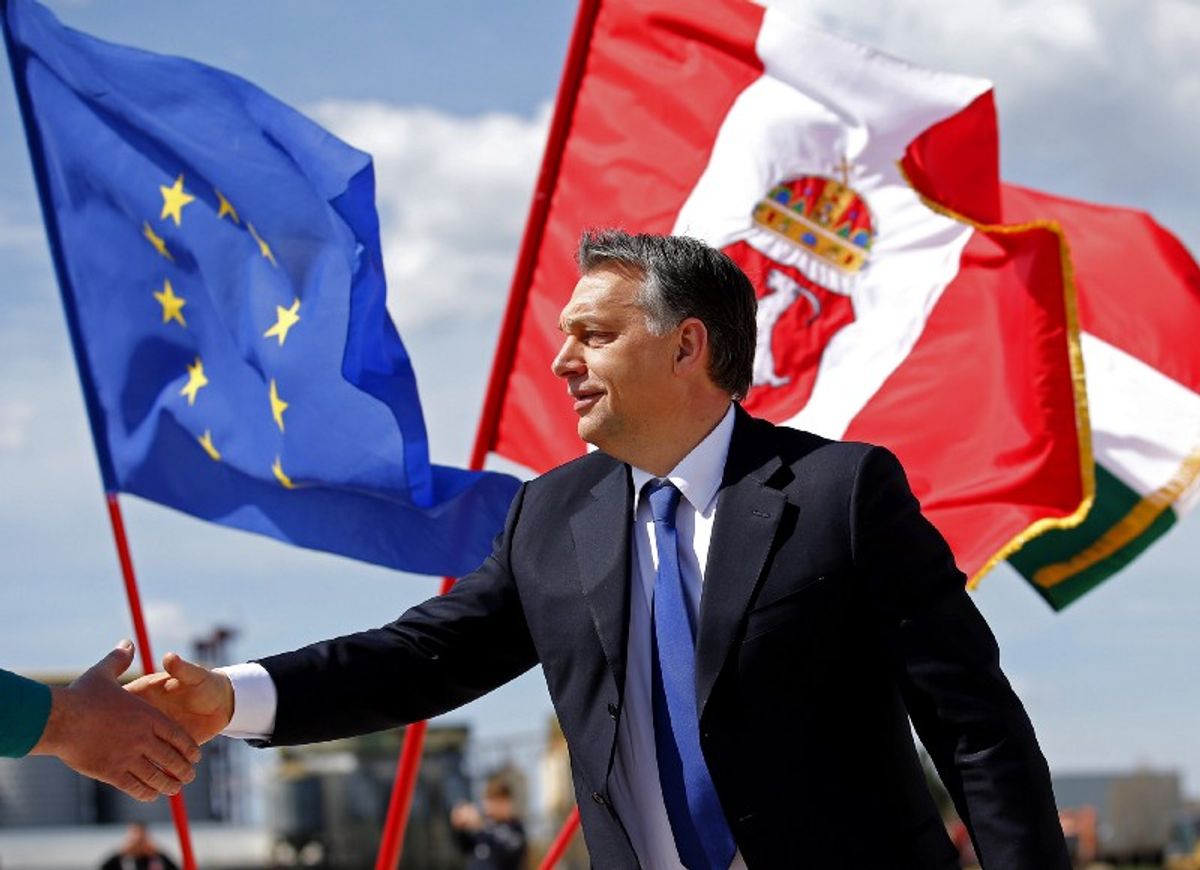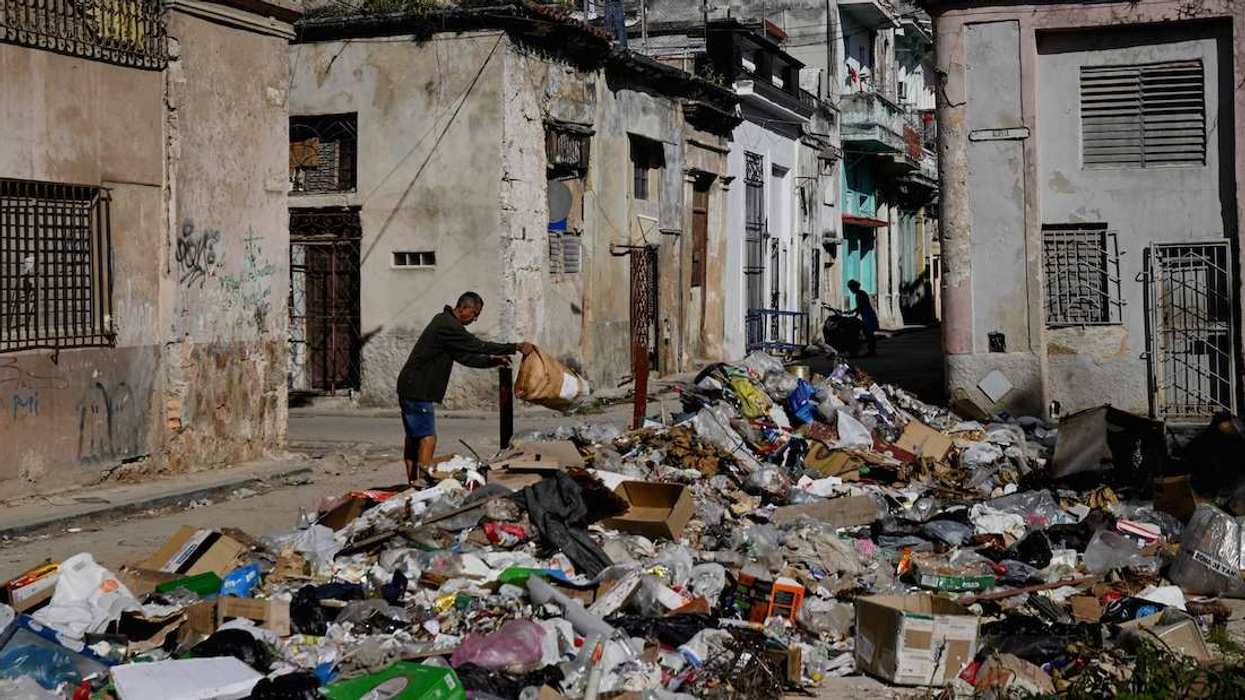This Sunday, Hungarian Prime Minister Viktor Orban is set to win another term in national elections, giving him a fresh mandate to advance his project of building what he calls an “illiberal” state at the heart of Europe.
Over the past eight years, Orban’s democratically-elected governments have, in fact, behaved less and less democratically — steadily centralizing power, eroding the independence of the courts, the media, and even cultural institutions.
For Orban and his defenders, this is a closing of ranks meant to defend Hungary’s interests against EU bureaucrats whose policies — particularly on the resettlement of refugees from Syria and North Africa — threaten to dilute Hungary’s traditional Christian identity and reduce its sovereignty. Orban himself openly looks to the authoritarian efficiency of Xi Jinping’s China and the conservative nationalism of Vladimir Putin’s Russia as examples.
His critics, meanwhile, say he has mounted an opportunistic political power play that has enriched friendly oligarchs, deepened economic inequality, and undermined the accountability of the government.
All of this presents a growing existential challenge for the EU. Alongside Poland’s move in a similarly illiberal direction, Orban’s continued strength sharpens two critical questions: First, how to impose costs on countries that buck EU institutions and ideals without alienating them further. And second, how to reconcile the desire of core Western European countries like Germany and France, which seek to further integrate the bloc, with Eastern countries’ resurgent nationalism.



















